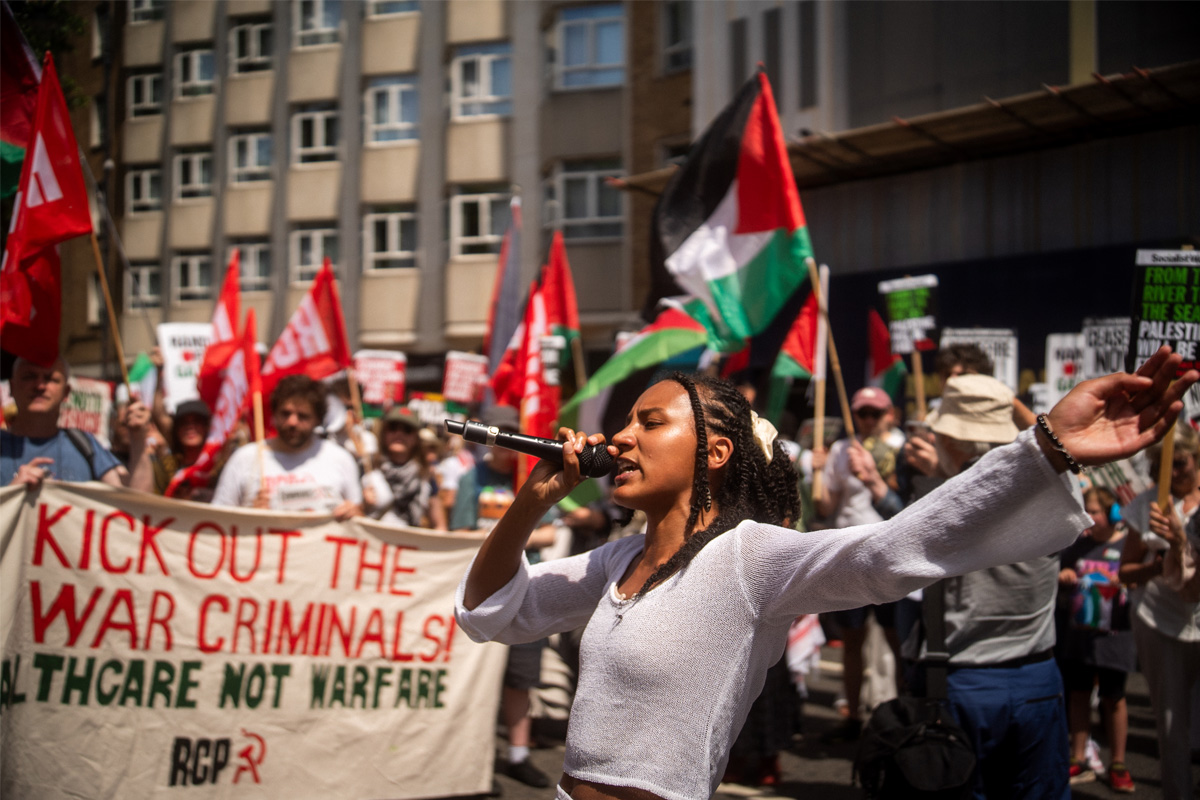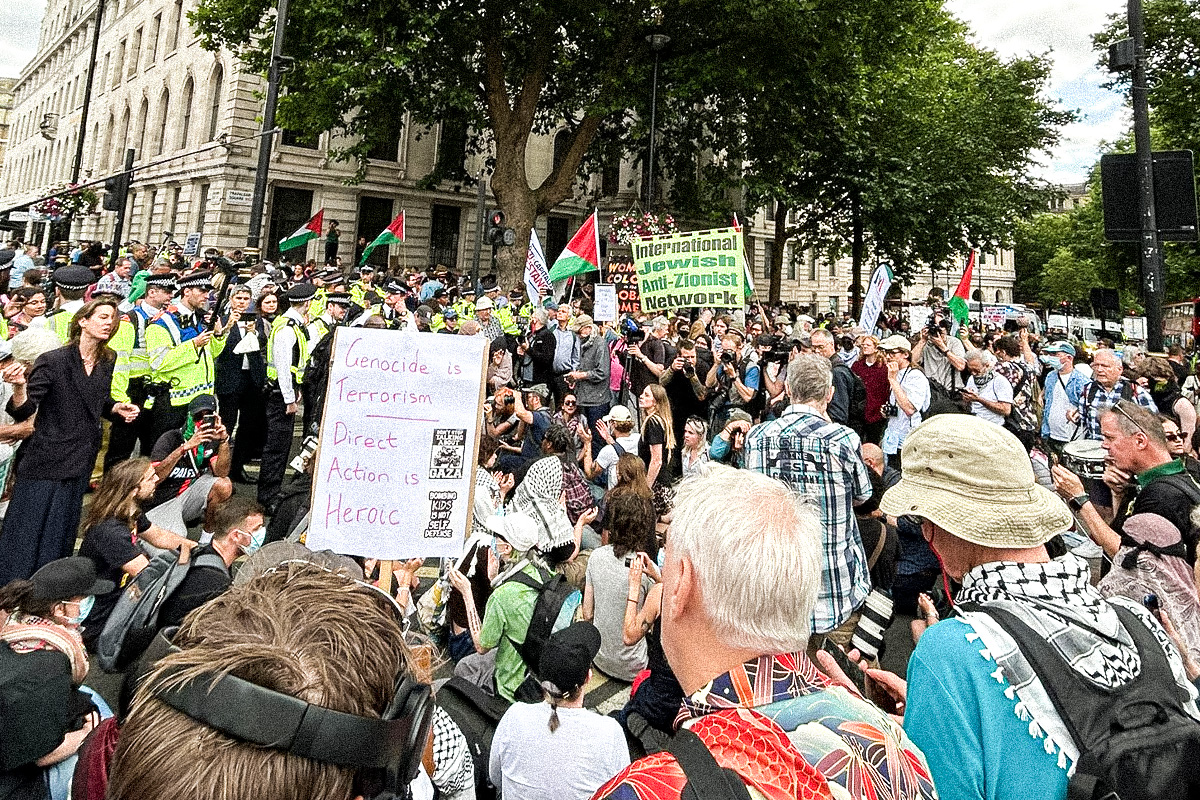The minimum wage went up by 30p an hour on the 1st October. It now stands at £5.35 for anyone 22 and over. But it's as little as £3.30 if you are 16 or 17 and only rises to £4.45 when you hit 18, unless you are an apprentice of course (which means you can paid as little as £80 per week!). The TUC was holding out for £6 an hour. £6 is a bit better, but it goes nowhere near far enough to solve the problems of low paid workers.
The office of national statistics explains that in 2003 the bottom 50% of the population in Britain had just 7% of the wealth. And if you exclude housing the figure falls to 1%. These figures haven't improved since the Tories were defeated and in fact the trend is towards greater concentration of wealth.
Low pay impacts on health, the quality of housing and on every aspect of life. It holds people back and blights whole communities. Ever since the 19th century it has been acknowledged that peoples conditions of life are affected by income.
But even still, if you are a low paid worker then you are worth just £5.35 an hour. If you happen to be a migrant worker the situation can be much worse.
Migrant workers
In January this year the 543 strong crew of an Irish Ferries ship were bundled off by security guards, who were clearing the decks for the arrival of Eastern European migrant workers, who would be paid £2.60 an hour. This was deemed legal because of exclusions in the Race Discrimination act for seafarers.
The government employs 120 enforcement officers who have in the last 7 years secured £21million of back pay for workers who have been paid less than the minimum wage.
This is merely the tip of the iceberg. Thousands of workers exist on casual work, with cash in hand and thousands more are forced onto SE60's which designate them as self employed. The Gang master system has been investigated recently after the Morecambe Bay disaster. But regulation will only go part of the way. Desperate workers will be forced to seek out the gangster bosses, if they have no other way of earning money.
Recent changes in support for low income families also fail to address the question of low pay. To a certain extent the new tax credit system strengthens the hand of unscrupulous bosses, who can pay the minimum wage in the knowledge that workers will apply for top ups. In reality it means workers are subsidising employers through taxation. The tax credit system is in reality just another poverty trap for the most vulnerable workers.
Low pay and the minimum wage are a class issue. The Labour movement cannot rely on little bands of inspectors wheedling pennies out of a few dodgy employers. The distribution of low pay is more often than not in the badly organised sectors of the economy. As the following table explains, the minimum wage has certainly not prevented these sectors growing. In the main these are precisely the sectors that have traditionally employed women and migrant workers. TUC evidence indicates that many Eastern European workers have fallen straight into the lowest paid sectors of the economy.
Organise
For Socialists it's no surprise that the minimum wage hasn't resolved the problems of low pay. It's no shock either that women, black and Asian workers, youth and migrant workers are among the lowest paid. The TUC explained in their submission to the low pay commission that previous two yearly reviews of the minimum wage had consistently managed to raise wages for 1 million workers each time. And yet their own statistics quoted above indicate that some 6 million workers are in low paid sectors. These figures exclude the broader public sector and low skilled jobs across the whole of society. The £6 per hour figure in the TUC proposal is in reality a very weak demand. A figure of £8 should be the bare minimum the movement campaigns for, with a target of two thirds of average male median earnings.
Clearly low paid workers can't easily rest their hopes on the government's 120 enforcement officers to prevent abuses of the system either. The only way to combat low pay is to organise unorganised, isolated and marginalised workers to fight for a living wage, dignity and for a future. This isn't rocket science and it isn't a dream. Historically this was the basis for the development of the mass general workers unions like the GMB and the TGWU. Marxists were at the forefront of this work nationally and internationally. More recently the example of the Cumbria Equal Pay victory shows how a fighting union can transform the lives of its members.
- End Low Pay
- £8 per hour minimum wage
- Organise and fight for your future!






